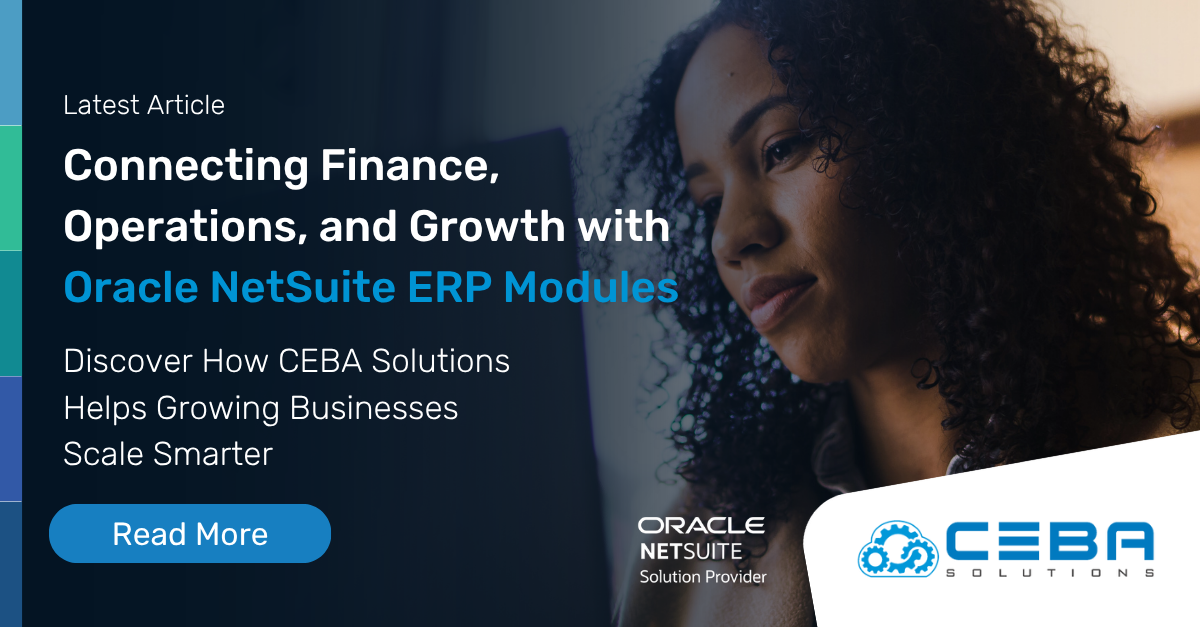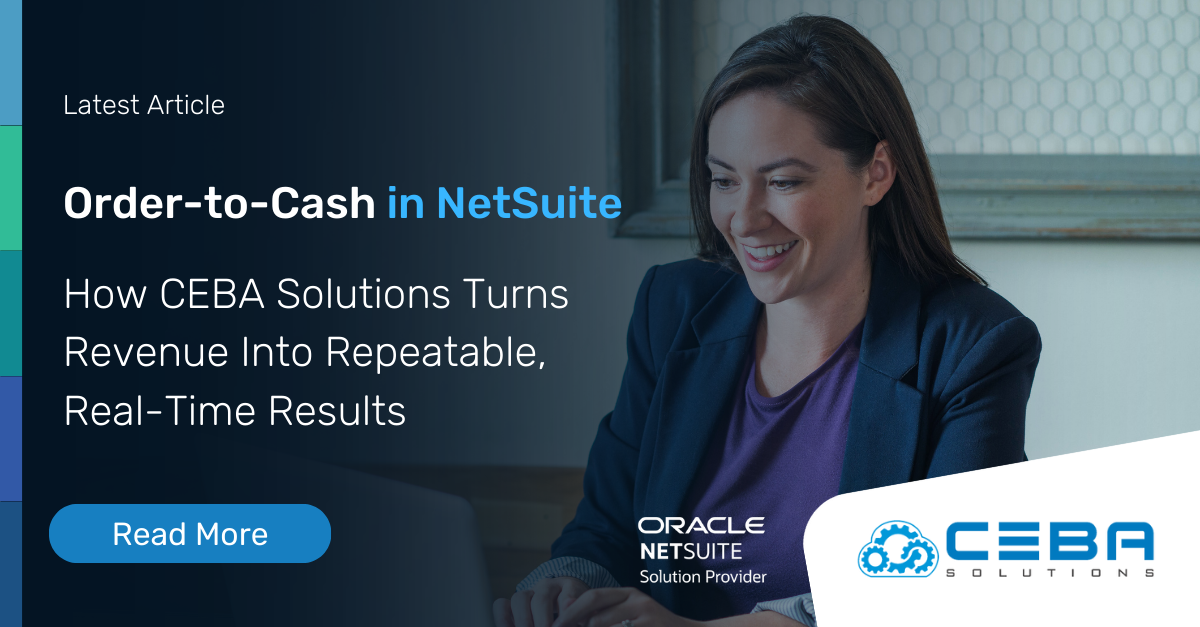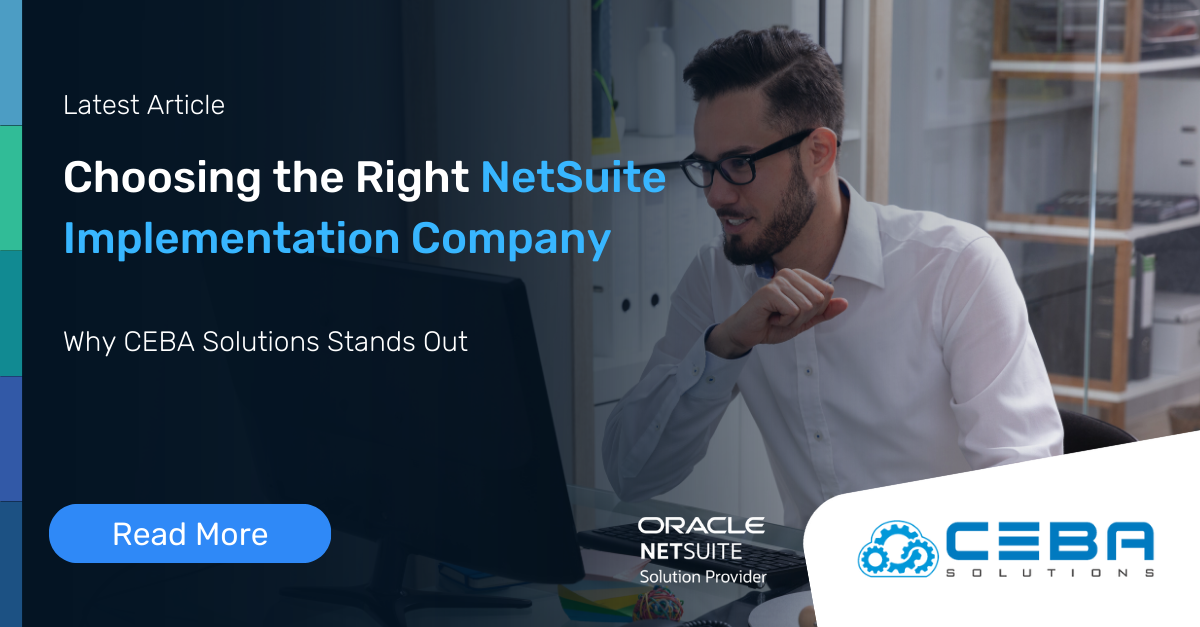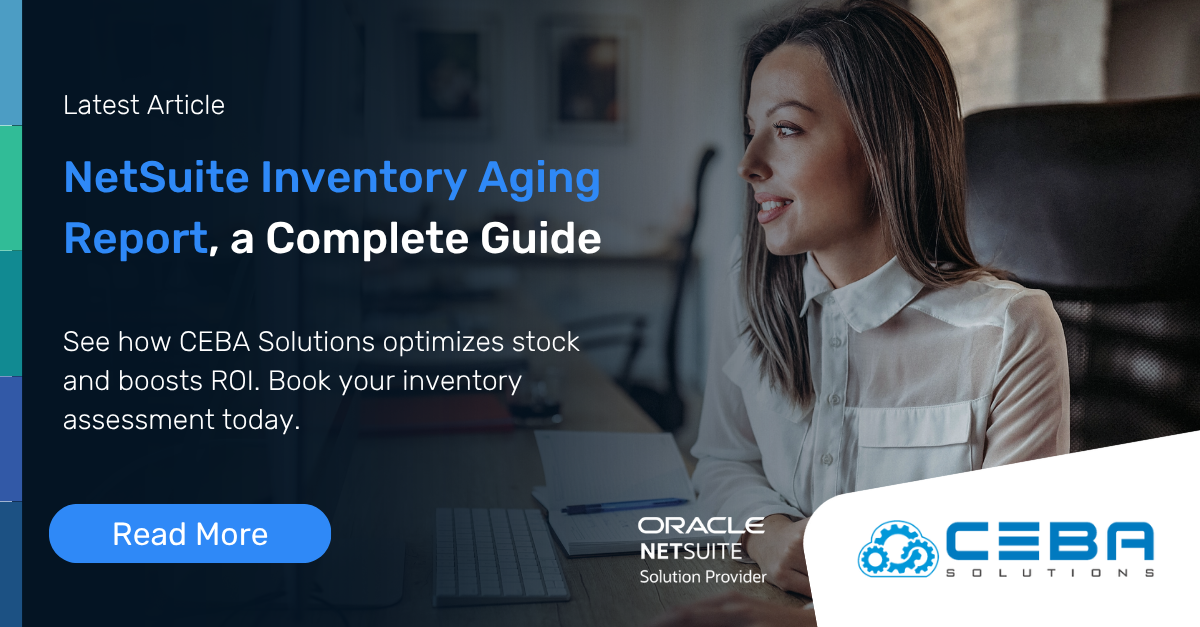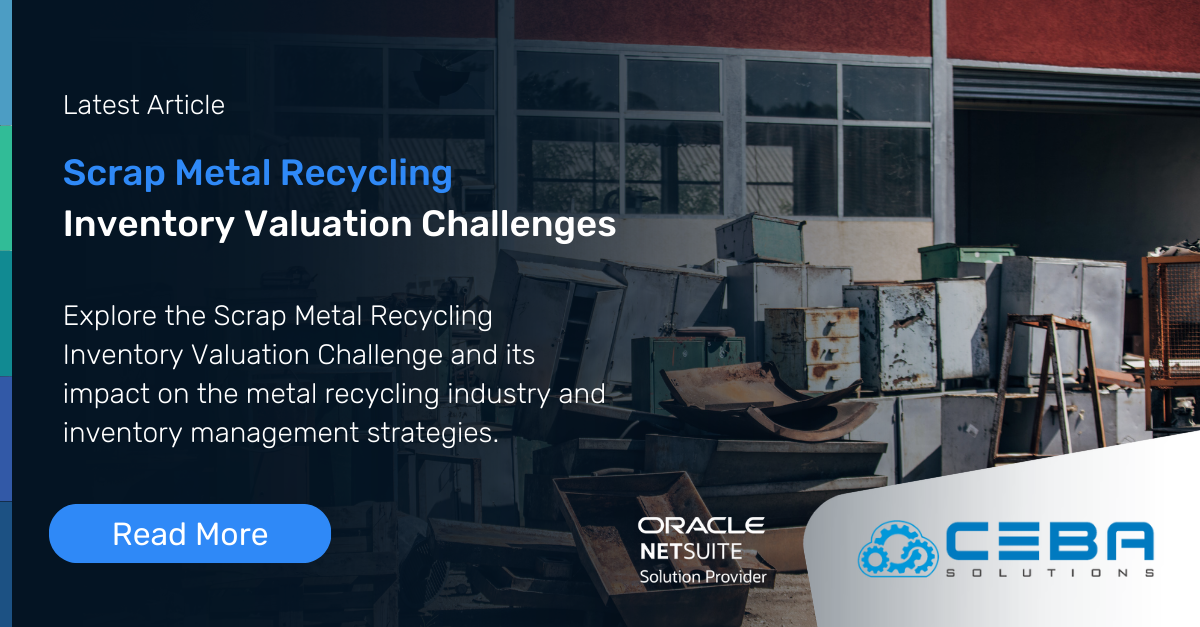
5 Reasons Why SaaS Companies Need Unified, Cloud ERP
5 Reasons Why SaaS Companies Need Unified, Cloud ERP
Software as a service (SaaS) companies have some unique technology and accounting requirements. Demand for these offerings is high on both the B2C and B2B fronts, with public cloud services and infrastructure spending expected to reach nearly $500 billion by 2023, up from $229 billion in 2019, according to IDC.
The sector’s key growth drivers include the expansion of the remote workforce; companies increasingly offloading IT infrastructure and maintenance; and the low barriers to entry associated with cloud software investments (e.g., startup costs, infrastructure requirements, etc.).
“The global coronavirus pandemic-imposed hardships on numerous businesses during 2020. However, the crisis created new marketplace opportunities for SaaS providers,” digital marketing agency Linchpin SEO points out. For example, the outbreak forced many US companies to utilize remote office workers and relied on SaaS providers to help them stay fully functional.

Download the Ultimate Guide to Oracle NetSuite
Learn why NetSuite is the #1 Cloud ERP for Small and Mid Size Businesses Focused on Unlocking Growth. Download the Guide
5 Reasons SaaS Companies Need ERP
Using a business model that provides products via the cloud and then licenses their usage to customers via a subscription plan, SaaS companies typically offer one or more products via subscriptions that can vary according to their customer bases and products. They charge customers on a month-to-month or other recurring frequency. These predictable revenue streams must be managed properly—a task that’s difficult to orchestrate using disparate business systems, spreadsheets and manual approaches.
Knowing this, NetSuite Cloud Enterprise Resource Planning (ERP), provides the foundation that SaaS companies need in order to scale with hyper-growth. NetSuite helps SaaS companies streamline their back-office functions and manage complex financial processes like revenue recognition, forecasting, procurement, specialized pricing models, recurring/subscription-based revenue streams and order management.

1) What used to work well probably doesn’t anymore
The processes and systems that worked well when your business was a startup, or focused on a single product set, or selling in a single geography, will inevitably break down as the company grows. “It's tempting to augment with spreadsheets and standalone applications to meet incremental needs as they arise,” NetSuite points out. “But as growth continues, these unintegrated processes and ad hoc applications begin to hinder productivity.”
2) Fragmented business systems, siloed data and manual processes stifle growth
Modern technology companies require a foundation that enables flexibility, agility and visibility. Cloud computing is the accepted business architecture of today and tomorrow. “You are free to focus on innovation rather than the burden of maintaining hardware and software,” NetSuite states.
3) All companies need better and more reliable business metrics
Having a central database of information also helps SaaS companies improve their analytics and reporting. Since an ERP records and stores all the data users input, for example, it’s also an excellent business intelligence tool that generates reports faster (e.g., reports that could take days of research and compilation without an ERP takes just minutes with one). With NetSuite, SaaS firms have access to important business metrics anytime, anywhere.
4) Complex revenue recognition scenarios are common in the SaaS world
Leveraging NetSuite’s revenue recognition capabilities, SaaS companies can easily automate their revenue scheduling, allocation and reporting processes. They can also create specific recognition rules for each product or service that they offer, and then easily link those rules to individual line items in customer contracts. NetSuite helps companies recognize revenue based on predefined schedules or milestones in compliance with ASC 606, IFRS 15 and other standards.
5) SaaS companies can’t afford to operate in silos
ERP also unifies many of the systems that may currently be fragmented—from product development to accounts payable, and all links in between. “By unifying systems, you help your staff utilize their time more efficiently,” SelectHub points out.
“With ERP, users don’t have to hunt down a piece of information across multiple systems. With the central database, information is much easier to retrieve.”
ERP also helps eliminate the need for users to be trained on several systems—yet another benefit of having a single, unified data repository to rely on and work from.
Business Impacts of Implementing Cloud ERP in SaaS Companies

With the right ERP and implementation partner, SaaS companies can automate their most tedious tasks, eliminate redundant processes like data entry and easily manage complex calculations like recurring revenue. “This frees up your team members’ time to do more thoughtful work, increasing your ROI when it comes to labor,” SelectHub adds. “From this, ERP increases your organization’s productivity, efficiency and profitability.”
SaaS companies that implement ERP also tend to see the following business impacts:
1) Increased cash flow and faster revenue recognition
SaaS Companies report that after implementing ERP, they have seen improvements in their cash flow. This is largely due to the fact that ERP provides SaaS companies with the ability to automate their billing processes and quickly recognize revenue.
2) Improved decision making
ERP gives SaaS companies real-time visibility into their business—something that is crucial for making informed decisions. With ERP, SaaS companies can track KPIs, understand which areas of their business are performing well and pinpoint where improvements need to be made.
3) Reduced costs
ERP can help SaaS companies reduce the costs associated with manual processes, siloed data and fragmented systems. In fact, some SaaS companies have reported saving millions of dollars after implementing ERP.
4) Improved customer satisfaction
ERP can also help SaaS companies improve their customer satisfaction levels. By automating tasks like billing and invoicing, SaaS companies can reduce errors and get their customers the information they need in a timely manner. In addition, ERP can help SaaS companies better manage their customer data, making it easier to provide personalized service.
5) Greater scalability
ERP can also help SaaS companies scale their businesses more effectively. With ERP, SaaS companies can easily add new users, products and services as their business grows. ERP can also help SaaS companies manage their growth more effectively, by providing them with the tools they need to track their progress and make informed decisions about where to allocate their resources.
What to Consider When Choosing a Cloud ERP for SaaS Companies
When it comes to choosing an ERP system for your SaaS company, there are a few key things to keep in mind. First, you’ll want to make sure that the ERP system you choose is designed specifically for SaaS companies. While many ERP systems on the market today offer some level of support for subscription businesses, not all of them are created equal.
You’ll also want to consider the features and functionality that are most important to your business. For example, if you’re looking for an ERP system that can help you automate your billing and invoicing processes, you’ll want to make sure that the system you choose offers this functionality. In addition, you’ll want to consider the scalability of the ERP system you choose. As your business grows, you’ll want to make sure that your ERP system can grow with you.
Finally, you’ll want to consider the cost of the ERP system you choose. While many SaaS companies are hesitant to invest in an ERP system because of the upfront cost, it’s important to keep in mind that an ERP system can save you money in the long run by helping you automate manual processes and reduce errors.
Why Choose CEBA Solutions for Your SaaS Companies Cloud ERP Implementation?
CEBA Solutions is a long-time Oracle NetSuite Solution Partner that can help your company select, implement and optimize its ERP system and other solutions. We’ll provide as much—or, as little—guidance as you require throughout the process, post go-live and throughout the life of your ERP.
CEBA Solutions has a long history of helping some of the world’s most successful SaaS companies implement cloud ERP. Our team understands the challenges and opportunities that SaaS companies face, and we have the industry-specific expertise to help you overcome them.
When it comes to choosing the right provider for your cloud ERP needs, there are many factors to consider—including industry expertise, implementation methodology and support services. With more than two decades of experience implementing ERP for fast-growing companies, CEBA Solutions is uniquely positioned to help your business overcome these challenges and take advantage of the many benefits that ERP offers the SaaS Industry.
To learn more about how CEBA Solutions can help your SaaS company implement cloud ERP, contact us today.







